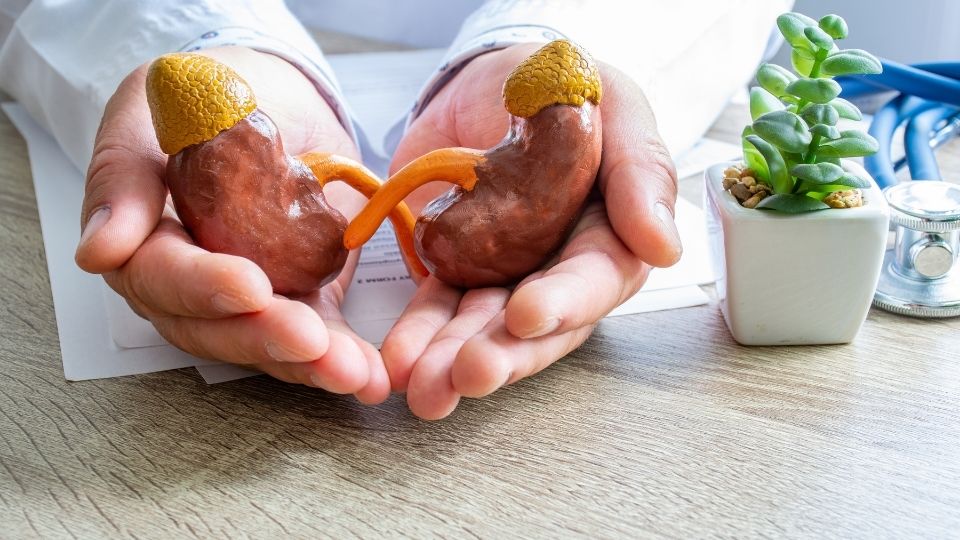Pediatric nephrology is a medical specialty that deals with kidney diseases in children. Kidneys clean waste materials from the body, produce urine and maintain electrolyte balance. Pediatric nephrologists specialize in maintaining children's kidney health and diagnosing and treating kidney diseases.
Scope and Importance of Pediatric Nephrology
Pediatric nephrology addresses a range of kidney diseases. These include kidney failure, urinary tract infections, kidney stones, nephrotic syndrome, glomerulonephritis, congenital kidney anomalies, urinary tract stenosis, and other urinary tract problems. These diseases can seriously affect children's health and their kidney function may need to be corrected or supported.
Symptoms and Diagnosis of Pediatric Nephrology
Symptoms of pediatric nephrology diseases vary depending on the type and severity of the disease. For example, a child with kidney failure may experience symptoms such as fatigue, loss of appetite, bloating, changes in urine color, and high blood pressure. Diagnosis is usually made using physical examination, urine and blood tests, kidney ultrasound, kidney scintigraphy, and other imaging studies.
Treatment and Management of Pediatric Nephrology
Treatment and management of pediatric nephrology diseases vary depending on the type of disease, its severity, and the patient's general health condition. Treatment options may include medications, dietary modifications, fluid management, kidney transplant, dialysis and surgery. The treatment plan is determined based on the child's individual needs and response to treatment.
Family Support and Psychosocial Care
Pediatric nephrology diseases can have a significant impact on both children and their families. Therefore, pediatric nephrology teams provide emotional support, education, and guidance to families. Psychosocial support and counseling help families cope with the disease and make the treatment process more manageable.
Future and Advances
Research and technological advances in the field of pediatric nephrology have led to significant advances in the diagnosis and treatment of kidney diseases. New treatment options, more effective medications and surgical techniques are being used to protect children's kidney health.




